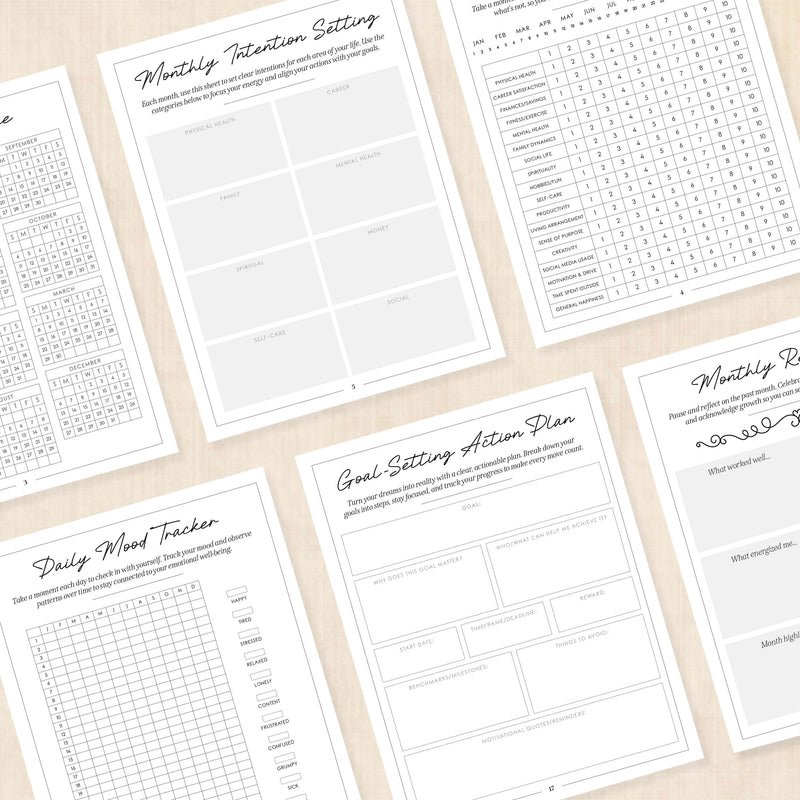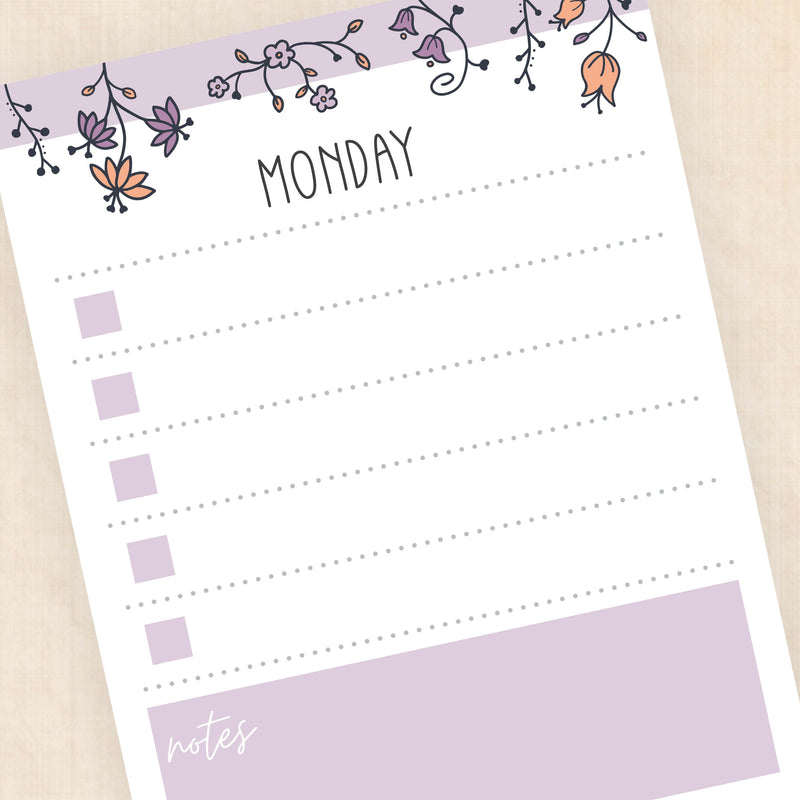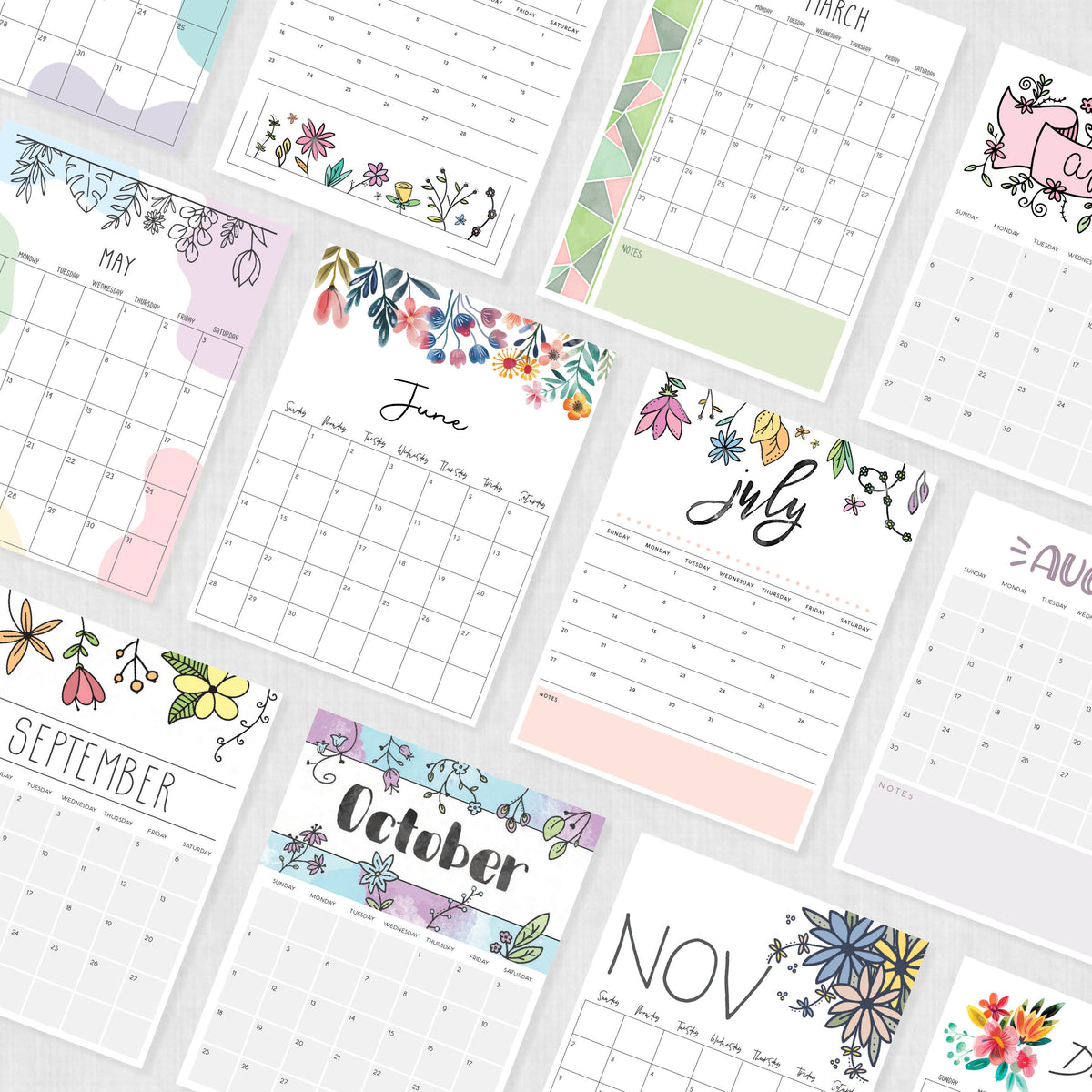Let me guess: It’s 2am and you crawled into bed three or four hours ago, but instead of peacefully drifting off to sleep, your mind suddenly went into overdrive, and you began racing through a million stressors, your long to-do list, and everything else on the upcoming month’s busy schedule.
And no matter what you do — taking melatonin before bed, making sure to get plenty of exercise, or any other relaxation techniques, there just doesn't seem to be a way to get the endless loop of your overthinking brain to shut off.
Unfortunately, I'm right there with you. In fact, falling asleep has been a lifelong struggle for me even as a child, before any work deadlines, financial stressors or relationship worries ever entered the picture.
But over the years, I’ve researched techniques, experimented with different strategies, and discovered a few simple things that really help. So if you’re wondering how to stop overthinking, read on — these four tips will help you finally quiet your mind and get a good night's sleep.
Pssst... Here are a few printable planners I thought you might like!
1. Steady Your Mind By Focusing on Your Body
When we lay down at night and flip the lights off, suddenly, there are no more distractions — no screens, no notifications, nobody asking for your attention (kids, spouse, boss or otherwise). That’s why everything you’ve been subconsciously pushing aside during the day suddenly rises to the forefront of your mind.
So what’s the solution? More “distractions” actually — but the kind that ease you into sleep. Focus on relaxing your body, one muscle at a time. Start with your toes, intentionally letting go of any tension in each one. Move up to the soles of your feet, then your ankles, your calves, and continue upwardss, releasing each muscle as you go.
By the time you’ve scanned your whole body, you’ll have let go of so much tension that you probably didn’t even realize you were holding, and your brain will start to unwind, helping you finally drift off to sleep.
2. Schedule a "Worry Window"
This tip might sound crazy, and it just might be crazy enough to work. Instead of letting stress and worries run wild all day, try compartmentalizing them by intentionally setting a time to open the “can of worry worms.”
Rather than stressing about work while you’re cooking dinner—or thinking about the laundry pile during an important client meeting—set aside a 30-minute window at lunch or whenever you feel most ready to tackle your to-do list. This way, you can zip through the things you’ve been procrastinating on and stop them from sneaking into your brain in the middle of the night.
3. Grab a Pen and Paper
If you’re like me, you probably catch yourself overthinking during the daytime too. When that happens, grab the nearest notebook or stray notepad and start letting your thoughts pour out.
I’m not entirely sure why it works, but physically writing down everything I'm stressed about and all of the tasks on my plate always feels like the first step towards easing my mental load. And better yet, I’m usually surprised to find that once it’s on paper, the problem doesn’t seem nearly as big or scary as it did in my head.
Daily journaling is a simple superpower — it helps you dump yourworries out bit by bit instead of letting them pile up until you hit a breaking point. Now, I’m not saying you should make a habit of scribbling in the middle of the night… but if your brain won’t switch off, grabbing a notebook and letting your mind spill out might just help you calm down enough to finally get some rest.
4. Finish the Thought So You Can Move On
When your thoughts start racing and looping at night, don’t just try to shove them away — give your brain something concrete it can latch onto.
Pick one small next step for whatever’s stuck in your head, and repeat it over and over until your brain actually agrees. Something like: “First thing tomorrow, I will send that scary email,” or “At lunch, I’ll finally call the doctor.”
It’s kind of like getting a song out of your head: once you hum the ending, your brain realizes it has come to a conclusion and can finally move on. Doing the same with your worries tells your mind, “Okay, that’s enough, let's move on.” Keep repeating your actionable step until your mind believes it and eventually, you’ll start to feel your brain relax, and sleep will sneak in.

It’s normal to overthink — it means you care. Give yourself a moment to breathe, and know that you don’t have to untangle them all at once.
I wouldn't wish spiraling thoughts at night on my worst enemy — because not only does it stress you out, but you lose out on quality sleep and the problems can compound day after day. That’s why it’s so important to try different techniques and strategies to get your thoughts under control until you feel like you’re back in the driver’s seat.
Hopefully at least one of these tips helps you stop overthinking, because a good night's sleep is the secret weapon that makes everything else feels more manageable.





























